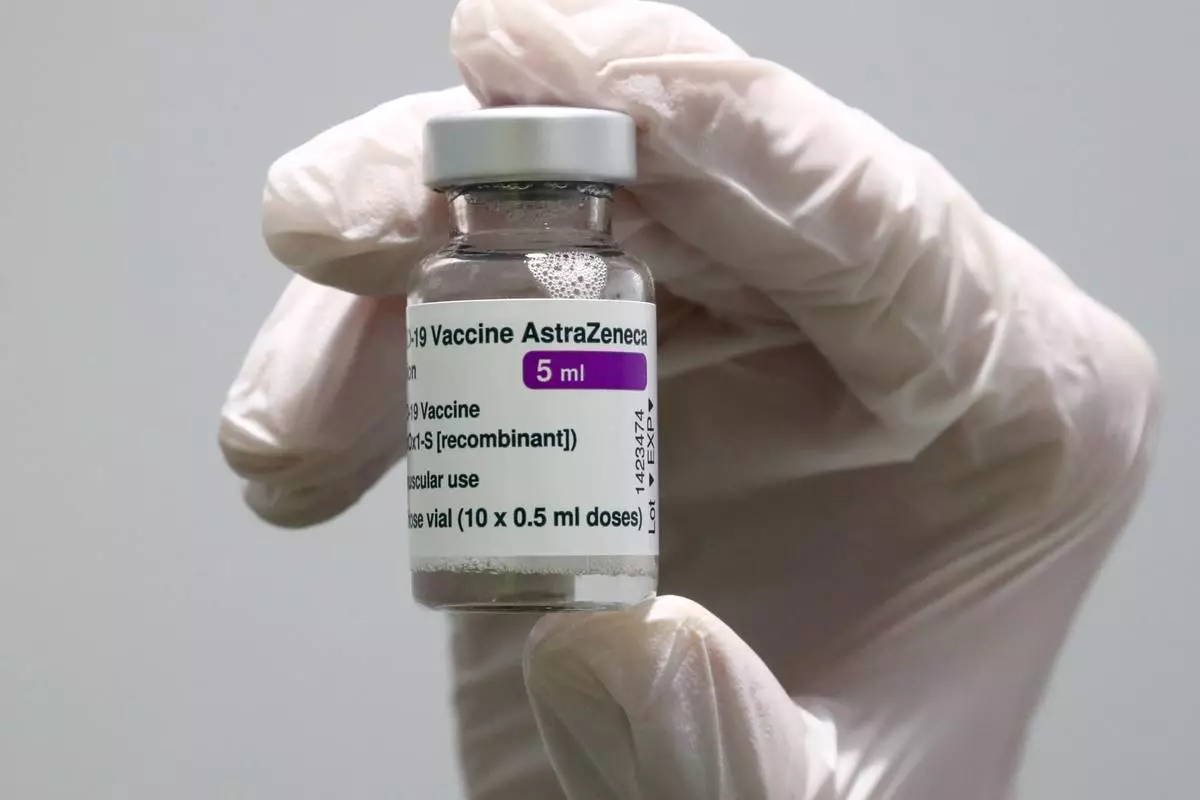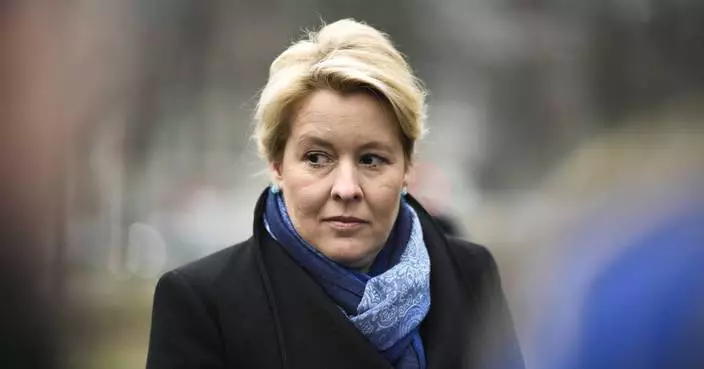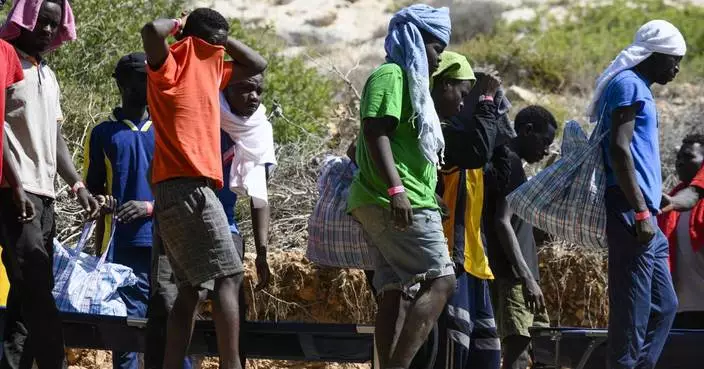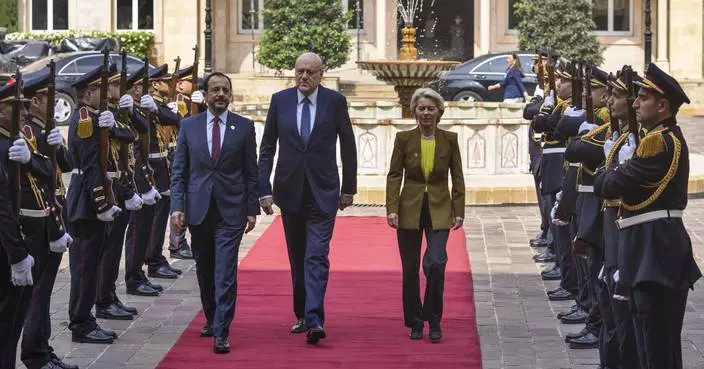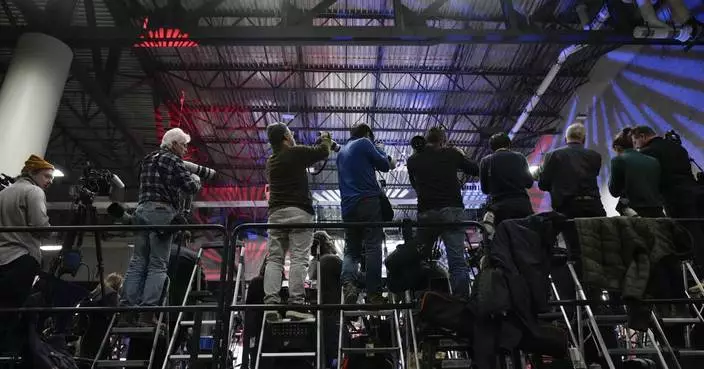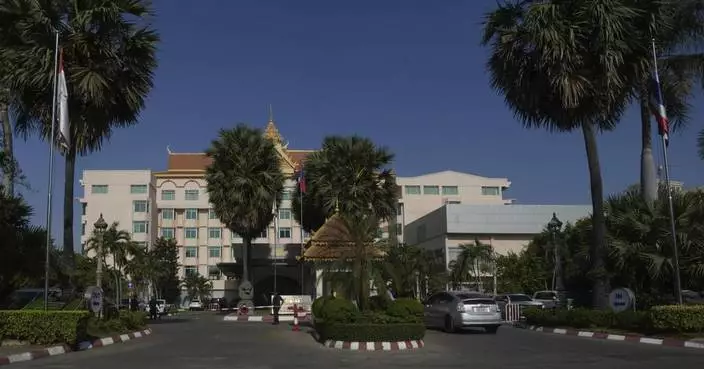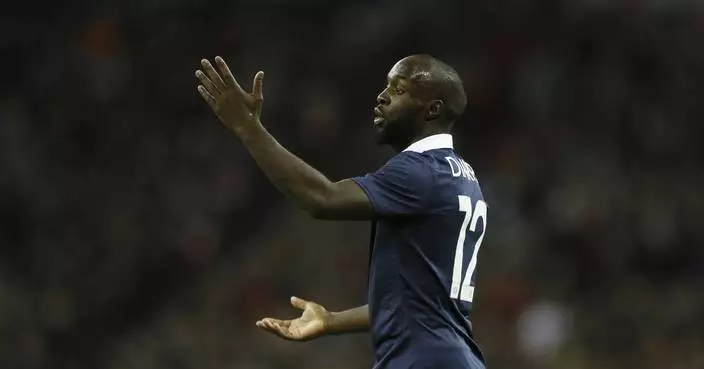Under global scrutiny, Turkey vows to get to the bottom of the alleged killing of a Saudi journalist at the kingdom's consulate in Istanbul. But some observers see a double standard in promises of transparency from a government accused of stifling freedom of expression.
Since an attempted coup in 2016, critics say President Recep Tayyip Erdogan has turned Turkey into an increasingly authoritarian state, using emergency powers to arrest tens of thousands of suspects, purging many more from state institutions and jailing dozens of journalists. Officials have even admitted that they seized dozens of Turks in anti-terror operations in other countries.
Turkey says the government is dealing with multiple threats to its security and sovereignty in a volatile region, and denies allegations it used the crackdown to target legitimate opposition and silence critical media that had nothing to do with the failed coup.

Turkey's President Recep Tayyip Erdogan addresses supporters in Kayseri, Turkey, Saturday, Oct. 13, 2018.(Presidential Press Service via AP, Pool)
While there might be parallels between some restrictions on freedoms in Turkey and Saudi Arabia, the Turkish reports about Jamal Khashoggi, a columnist for The Washington Post, are horrifically unprecedented.
The reports say an official hit squad from Saudi Arabia killed the writer, who once wrote of the persecution of people who "dare to speak their minds" in his home country. Saudi Arabia denies it, though some U.S. media reports suggest Saudi Arabia might say Khashoggi was killed in a botched interrogation.
Turkey has followed the law and international agreements and taken "open and transparent actions" in the Khashoggi case, Interior Minister Suleyman Soylu told the state-run Anadolu news agency.
Getting less international attention this week were Turkish media reports that an Istanbul court issued a "red notice" for journalists Can Dundar, who lives in Germany, and U.S.-based Ilhan Tanir on espionage charges.
A red notice serves as a request to member countries of Interpol to arrest a suspect, though Western concerns about freedom of expression in Turkey would likely slow the government's international pursuit of the pair. Dundar was the former chief editor of Cumhuriyet, an anti-government newspaper, and had previously been jailed in Turkey for reports that were deemed subversive.
Dundar has tweeted about Turkey's handling of the Khashoggi investigation, asking why the Saudi consul general was allowed to leave Turkey despite a Turkish media report that a purported audio recording of the alleged slaying indicates the diplomat was a witness. Saudi officials have not responded to repeated requests for comment from The Associated Press.
Ahval, an online news site that is banned in Turkey, this week posted an article with the headline: "The irony of Turkey's campaign for a missing Saudi journalist."
In 2017, the Committee to Protect Journalists said Turkey was the "the world's worst jailer" of journalists, with 73 behind bars. This month, the Turkish Journalists Syndicate estimated that number to be 144. Turkey claims many people identified as journalists are actually agents of outlawed organizations, including that of Fethullah Gulen, a U.S.-based Muslim cleric who denies Turkish allegations that he engineered the 2016 coup attempt.
But in an unusual admission, Deputy Prime Minister Bekir Bozdag said in a television interview in April that Turkey's intelligence agency, in operations in 18 countries, had "bundled up and brought back" at least 80 Turkish nationals wanted for alleged links to the coup attempt.
Bozdag's comments came after Turkey secretly arranged the deportation from Kosovo of six Turkish men, sparking the dismissal of Kosovo's interior minister and intelligence chief and criticism from human rights groups. In another case, three men accused of ties to Gulen were seized in Gabon and brought to Turkey for trial, state-run media reported.
American pastor Andrew Brunson was one of the most high-profile detainees in the government crackdown, spending nearly two years in detention until a Turkish court last week convicted him on terror-related charges — and then freed him. The release removed a major irritant in U.S.-Turkish ties and highlighted concerns that Turkey had been trying to use the U.S. citizen as diplomatic leverage, though Erdogan said it actually proved that Turkey's courts are impartial. Turkey also jailed Turkish-American citizen Serkan Golge, a NASA employee, and detained several Turkish employees of the U.S. diplomatic mission.
Separately, Human Rights Watch said Wednesday that it welcomed Erdogan's decision to drop a complaint against four students who faced trial for the Turkish crime of insulting the president. But it said there are thousands of similar cases in the courts that "blatantly violate freedom of expression."
Meanwhile, Turkey's judicial system is moving slowly in the case of Osman Kavala, a Turkish businessman and activist who was arrested a year ago on allegations similar to those in the Brunson case. No indictment has been issued.
"I am waiting for the day when I will be able to defend myself in court and see the face of justice," Kavala wrote from prison in August.



